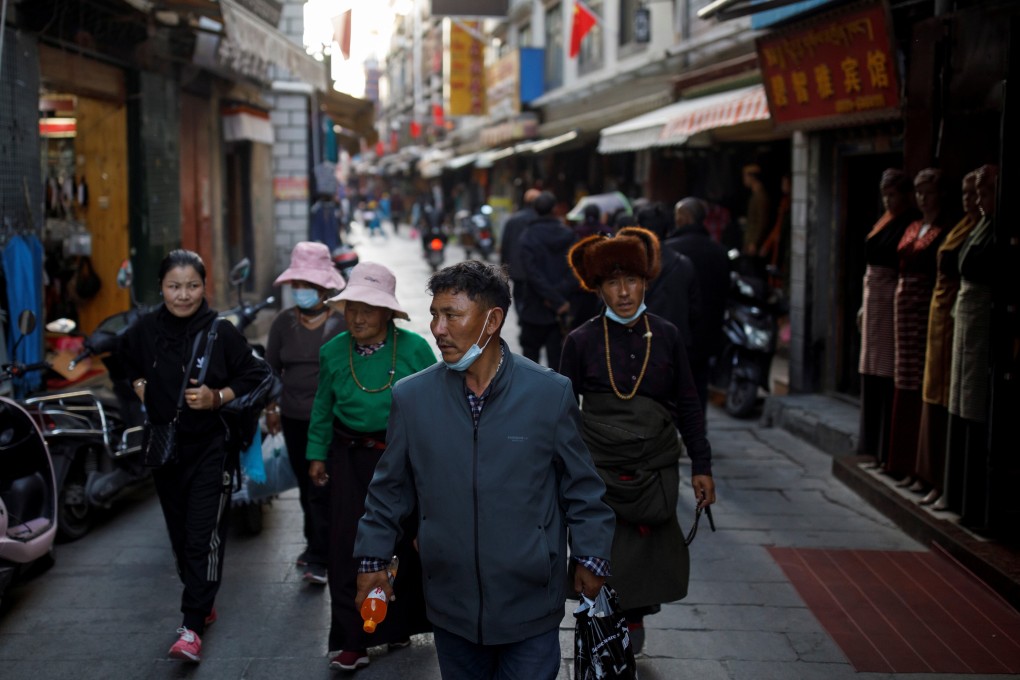US State Department appoints official to oversee policy on Tibet
- The US special coordinator for Tibetan issues will protect ‘the distinct religious, cultural and linguistic identity of Tibetans’, says US secretary of state
- The position had been left vacant since the end of the Obama administration

The official, Robert Destro, an assistant secretary of state, will serve as US special coordinator for Tibetan issues and will be tasked with “protecting the distinct religious, cultural and linguistic identity of Tibetans, improving respect for their human rights, and much, much more”, said Secretary of State Mike Pompeo.
Beijing and the Dalai Lama’s representatives last met in 2010.

02:53
China’s PLA conducts multi-unit military drill in Tibet autonomous region
One of Destro’s first acts in his new role will be receiving senior officials from the Central Tibetan Administration (CTA) – the Tibetan government-in-exile – at the State Department on Thursday, according to Ngodup Tsering, who serves as North American envoy for both the India-based CTA and the Dalai Lama.